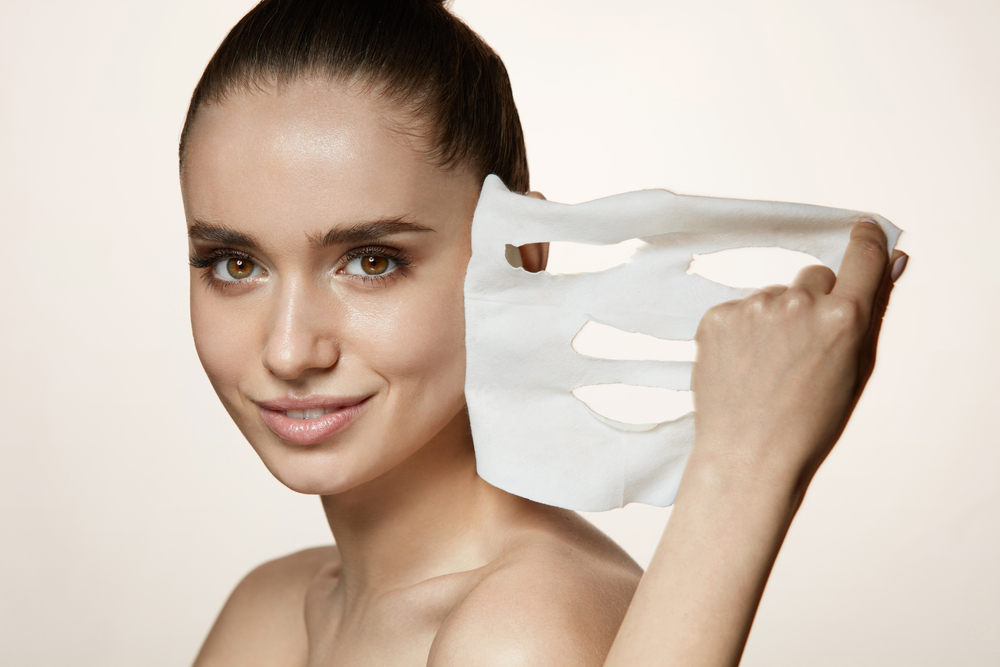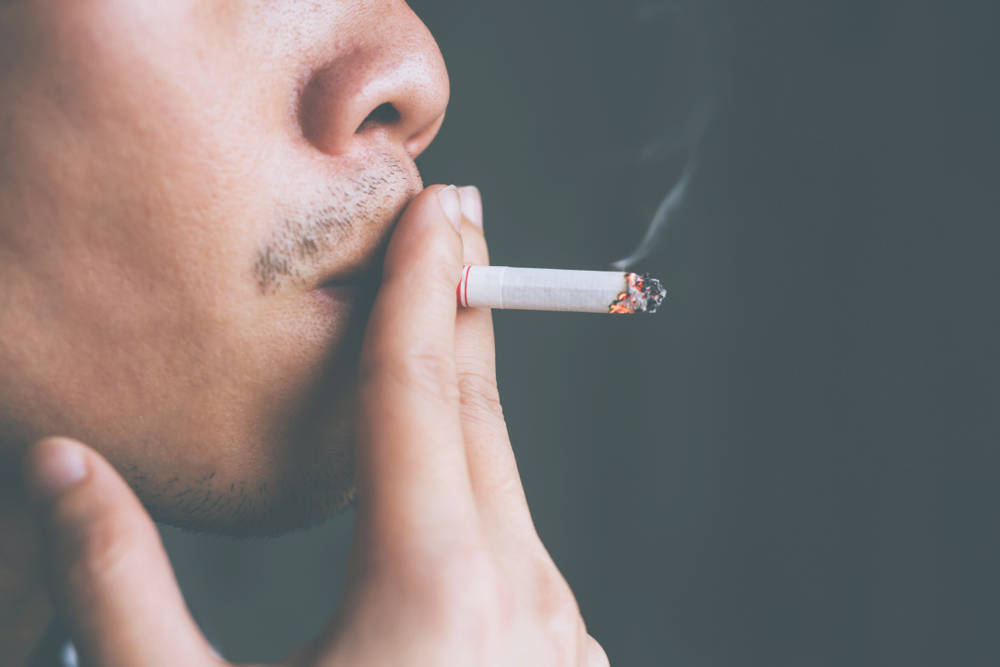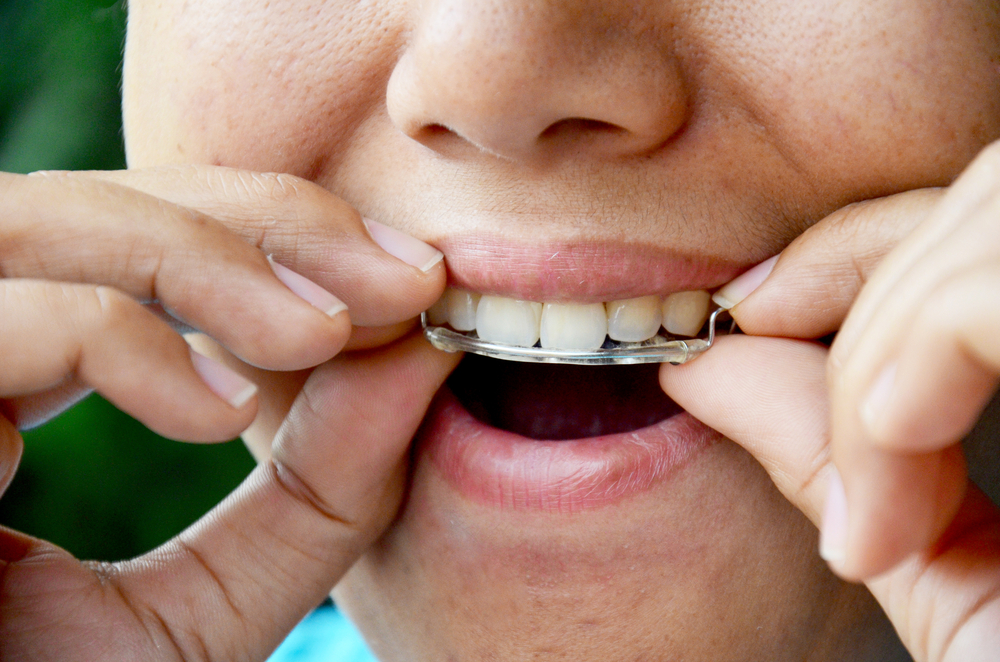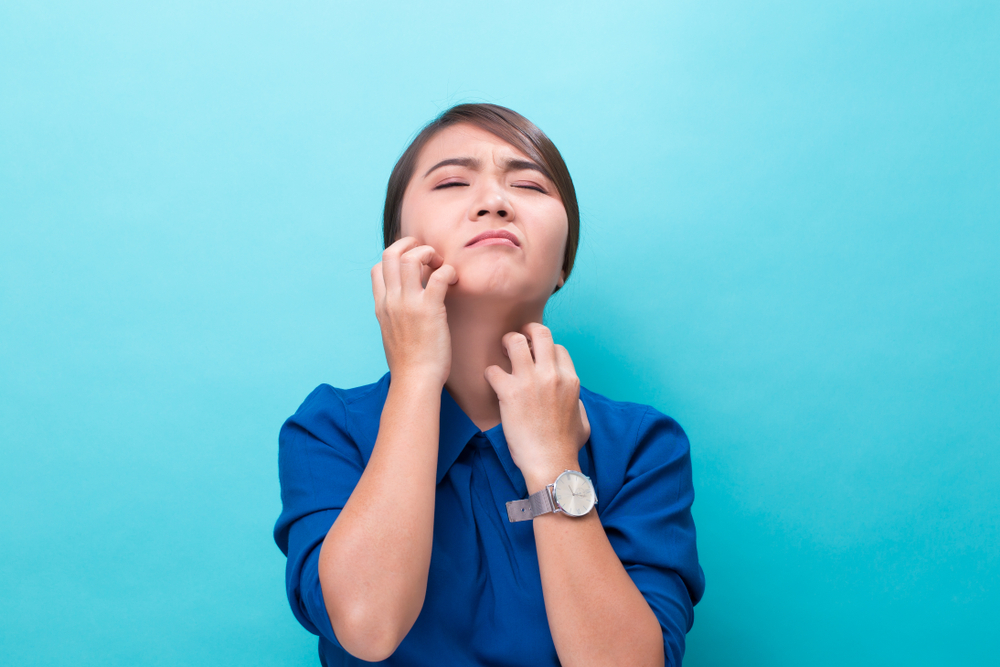Contents:
- Medical Video: THIS PRODUCT CLEARED MY SKIN IN 2 WEEKS
- How to remove dead skin cells for acne prone skin
- 1. Avoid facial scrubs
- 2. Check the composition first
- 3. Use moisturizer
Medical Video: THIS PRODUCT CLEARED MY SKIN IN 2 WEEKS
Exfoliation is a way to remove dead skin cells on the face. Dead skin cells that accumulate on the surface of the skin will be an ideal home to trap dust, dirt, oil, and bacteria that cause acne. Exfoliation will also help soften, soften, brighten the skin, and shrink pores. However, exfoliation for acne-prone skin should not be arbitrary. See the tips below.
How to remove dead skin cells for acne prone skin
How to remove dead skin cells on the face can use natural ingredients, such as facial masks containing salt or sugar, or with exfoliator products sold on the market. If you use the second method, make sure the product you choose contains AHA or BHA - a chemical compound that functions to remove dead skin cells - for example glycolic acid. You can also exfoliate directly at the dermatologist withchemical peeling.
Keep in mind, you must be extra careful in exfoliating to avoid the risk of getting irritated, making your acne worse. Don't exfoliate your face too often, and avoid using products that contain chemicals too hard.
Here are some ways to remove dead skin cells that are safe if you have a facial acne:
1. Avoid facial scrubs
Facial scrub products, exfoliators, and microdermabrasions usually contain super-small grunt particles to exfoliate dead skin cells. But if your skin has pimples, avoid these products.
Direct friction between the particles with the skin can further irritate your already inflamed skin. As a result, your acne prone skin will become more red and more pimples arise. The same is true for natural exfoliating products made from salt or sugar. Salt and sugar granules are even larger than the micro-gerinjil in the market facial scrub cream.
2. Check the composition first
Make sure you buy an exfoliator product that contains BHA (Beta Hydroxy Acid) if your skin has acne. BHA is drying, so it can control the production of facial oil which can cause acne. Look for a BHA product with a light dose, and don't increase the dose carelessly.
To apply the product, use cotton and pat the product on the surface of the skin. Don't rub it.
If your acne problem is serious enough, you should consult further with a dermatologist before deciding to use exfoliator. Doctors can recommend products and procedures that are safe and effective according to your skin's needs.
3. Use moisturizer
Exfoliation causes your skin to dry out, triggering the skin to produce excessive oil. So after exfoliating dead skin cells, immediately apply moisturizer to your facial skin.
Choose a moisturizer that suits your skin type, which does not cause oily skin, and does not clog pores (non-comedogenic). Also pay attention to always use facial products that suit your skin type. Don't use body lotion for the face area, and vice versa.












